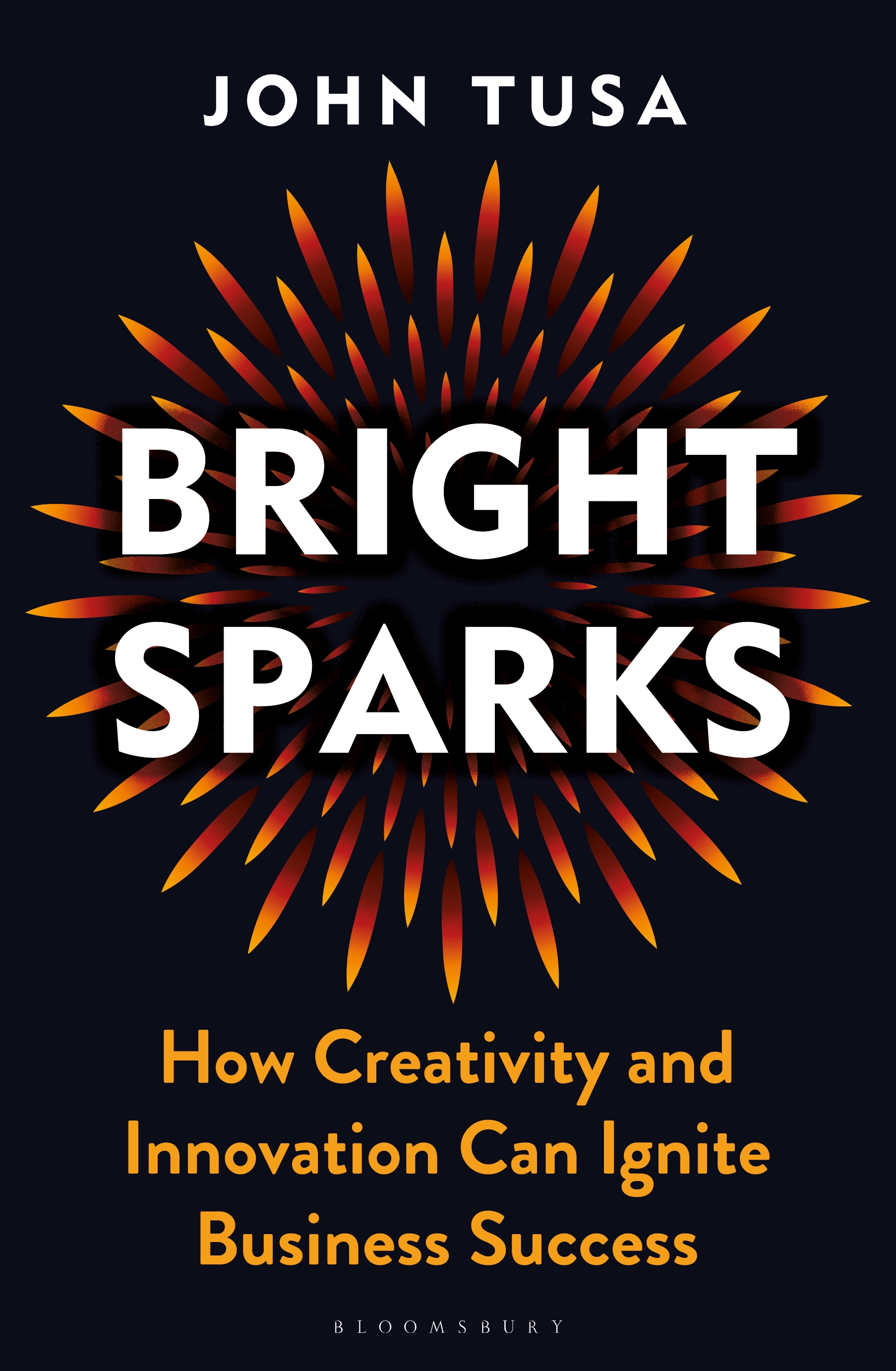Renowned journalist John Tusa discusses his writing process and the words of wisdom from his late wife that he applies to his own creative projects.

Three things especially made writing in book form really important for me. First, I had something to say. Second, I found something to write with. Third, I found a way to write. Let me explain.
For years, I was a busy daily journalist working to the strict limited routines of the daily news round. Nothing wrong with that. But when I discovered that I had things to say about why the arts mattered, how artists created, how art organisations were run I completely changed how I thought, how I wrote. I wrote Bright Sparks when I realised that I had worked close to seven remarkable leaders who broke all the rules to realise their dream project. Each had a story waiting to be told.
Next, I started to write fluently when I discovered the laptop years ago. My hand writing is slow, vile, clumsy. But two or three fingers flying across the keyboard almost keeps up with my speed of thought. Correction is so easy too, as are second thoughts. The laptop, my liberator.
Most importantly, finding a way to write. I owe most to my late wife, Ann, a historian. She taught history at a London comprehensive. Whatever age group she taught, she turned history into stories. Later, when she wrote her big history books about the ”Nuremberg Trial” or the “Berlin Airlift” she told them as tremendous stories. That totally re-shaped the way that I wrote. Bright Sparks is about seven cases of remarkable leadership. There is no theory in the book. Each person has a story to be told. Narrative is all.
I am uncomfortable without research, which is only a way of saying that I need to know what each part of a book is about, well grounded in fact, before I start writing. Research certainly involves finding documents. But talking to people who make the stories is the richest kind of research, giving me facts, events incidents, thoughts and above all feelings. This is the kind of research I love best and it yields most. It is about learning, about discovery, about surprise. Blended with what documents reveal, I start to get a sense of what a chapter will feel like, will read like.
But one day the research has to stop. There it is, all on paper on my desk. Pages of interview transcripts and hand written notes. (I am still paper driven). I read them all, without preconceptions about a final shape. Which parts are interesting? Who said something revealing? I sketch different structures for a chapter fitting thoughts, quotes, ideas into each, seeking connections. Then I start writing, a further stage of discovery, knowing that the final chapter structure will reveal itself only as I write.
Trust your mind when you write. Your mind, if you don’t bully it, is cleverer than you. When Ann faced a problem when writing she went into the garden and “talked” to the plants for an hour. Invariably, she told me, the solution to the writing problem emerged from her unconscious mind.
Trust your own “voice” too. Does what you write sound like you? Especially when you read it aloud, always a good test. Cut the bits that sound too nice!
When I wrote Bright Sparks I worked for two hours in the morning and two or three hours in the afternoon. Often from 5pm was a productive time. I am not writing at the moment and I miss it.
John Tusa is a renowned retired journalist and former head of the BBC World Service. He has written several non-fiction books focused on his passions for the arts, leadership and innovation. His newest book, Bright Sparks, saw him piece together seven case studies examining global leaders who successfully devised creative solutions to their business’ problems.
Comments